Marine plastic pollution
Unge forskere 1. oktober 2024 | Young Researchers 1 October 2024
Unge forskere: Hvordan bekjempe marin plastforurensning?
- Tid: Tirsdag 1. oktober 2024, kl. 19:00–21:00
- Sted: Dokkhuset Scene, Solsiden i Trondheim
- Språk: Engelsk
- Programleder: Randi Wenche Haugen
- Arrangør: NTNU
- Gratis inngang
- Servering åpner kl. 18:00
- Det blir fotografering under arrangementet
- Arrangementet strømmes her og kan også ses i opptak senere
Velkommen til en kunnskapsrik kveld!
Plast finnes overalt i alle verdenshavene – fra overflaten til bunnen. Plast er den største trusselen mot jordas havsystemer som menneskene er helt avhengig av.
Hvilke konsekvenser har plasten for planter, dyreliv og mikrober i havene? Hva skjer med livet på havbunnen, strender og kystlinjen vår?
prosjektet MAPLE møter du denne kvelden forskere fra mange fagfelt som biologi, geografi, geofysikk og bærekraft. De jobber sammen med ingeniører for å få oversikt og kartlegge utfordringer og sammenhenger innen marin plastforurensning i Trondheimsfjorden og kysten i Midt-Norge. Kunnskap er nøkkelen til å finne effektive løsninger på kort og lang sikt for å redde havenes økosystemer.
MAPLE er et prosjekt i bærekraftprogrammet SusRes@NTNU.
Foredragsholdere
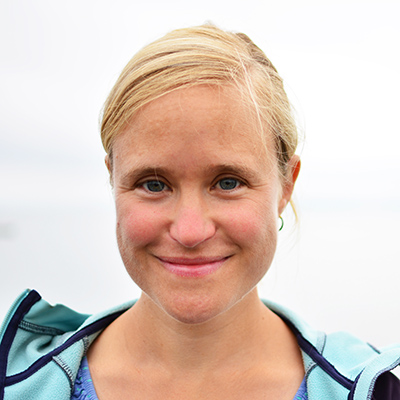
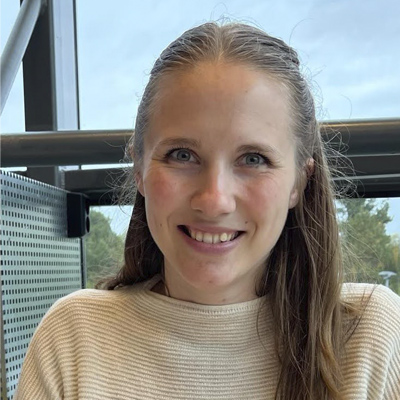
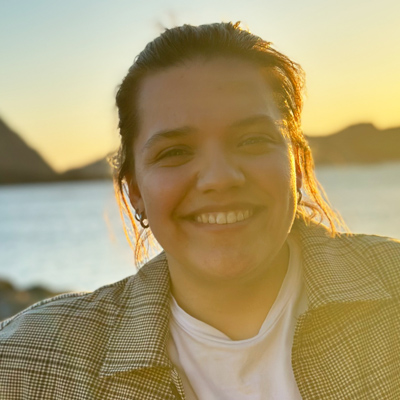
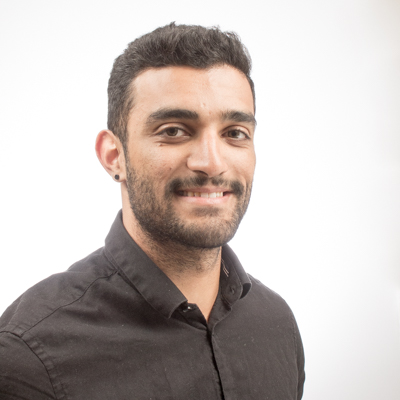
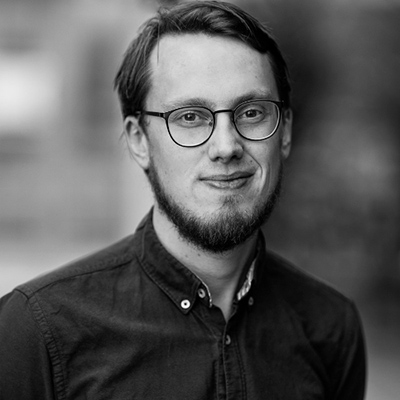
Young Researchers: How to combat marine plastic pollution?
- Time: Tuesday 1 October 2024 at 19:00–21:00
- Venue: Dokkhuset Scene, Solsiden in Trondheim
- Language: English
- Host: Randi Wenche Haugen
- Organizer: NTNU
- Free entrance
- The bar will open for service at 18:00
- Please note that there will be photography during the event
- The event will be streamed here and you can also watch a recording later
Welcome to a knowledgeable evening!
Plastic is everywhere in all the world’s oceans – from the surface to the bottom. Plastic is the biggest threat to the Earth's ocean systems on which humans are completely dependent.
What consequences does plastic have for plants, wildlife and microbes in the oceans? What is happening to life on the seabed, beaches and our coastline?
In the MAPLE project this evening you will meet researchers from many disciplines such as biology, geography, geophysics and sustainability. They work together with engineers to get an overview and map the challenges and connections within marine plastic pollution in the Trondheimsfjord and the coast in central Norway. Knowledge is the key to finding effective solutions in the short and long term to save the ocean's ecosystems.
MAPLE is a project in the sustainability programme SusRes@NTNU.
Speakers





